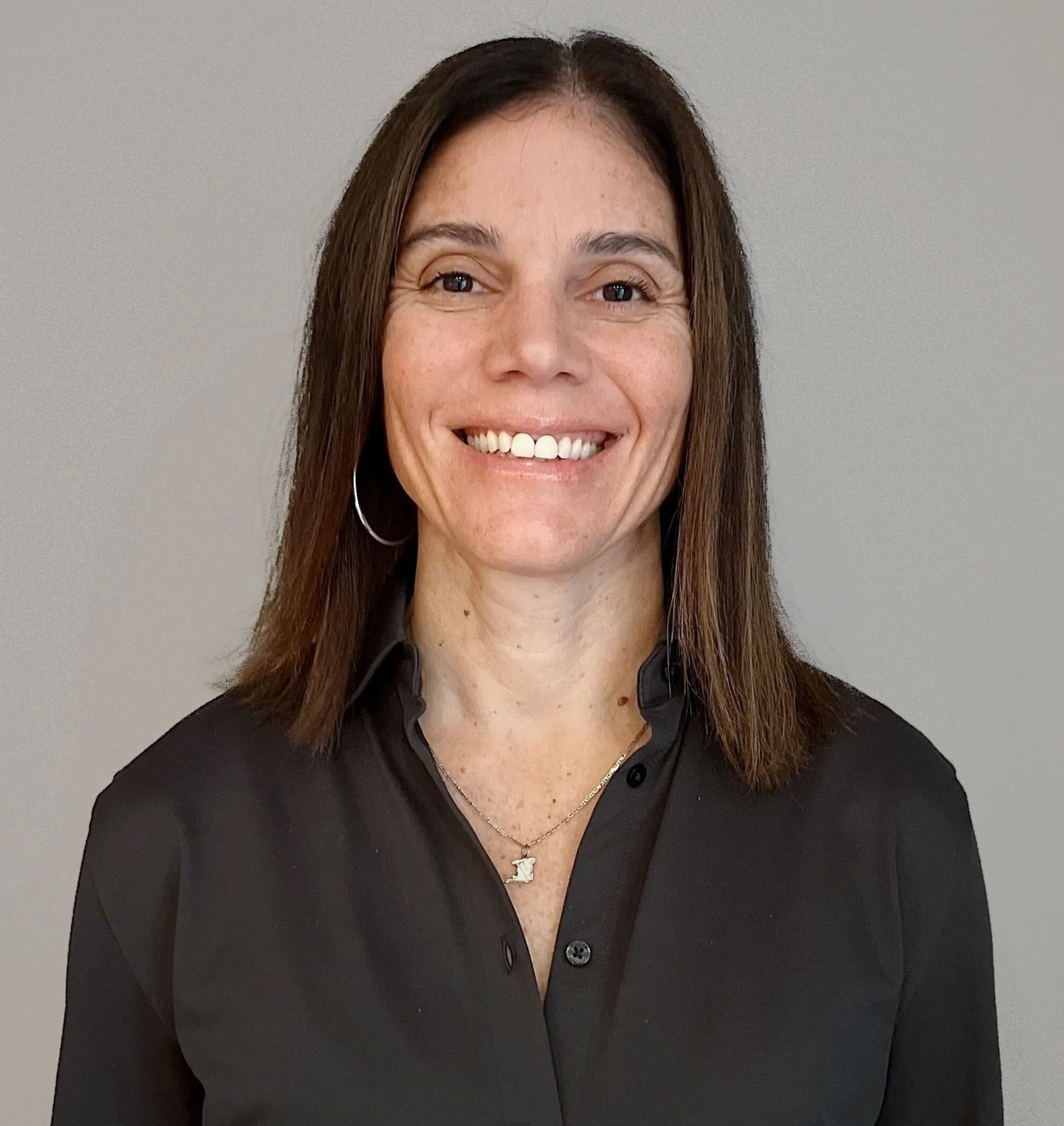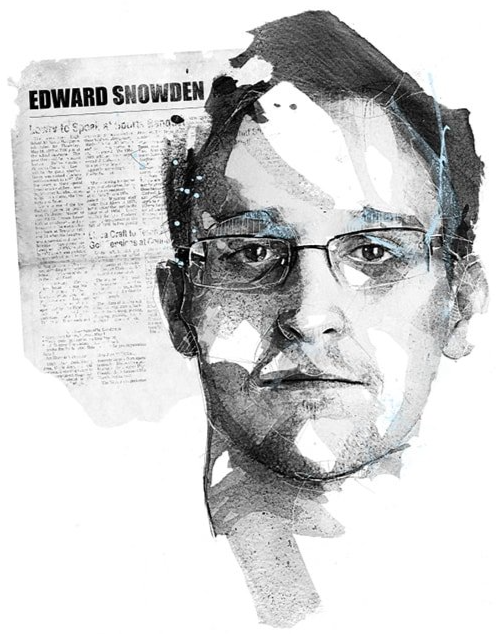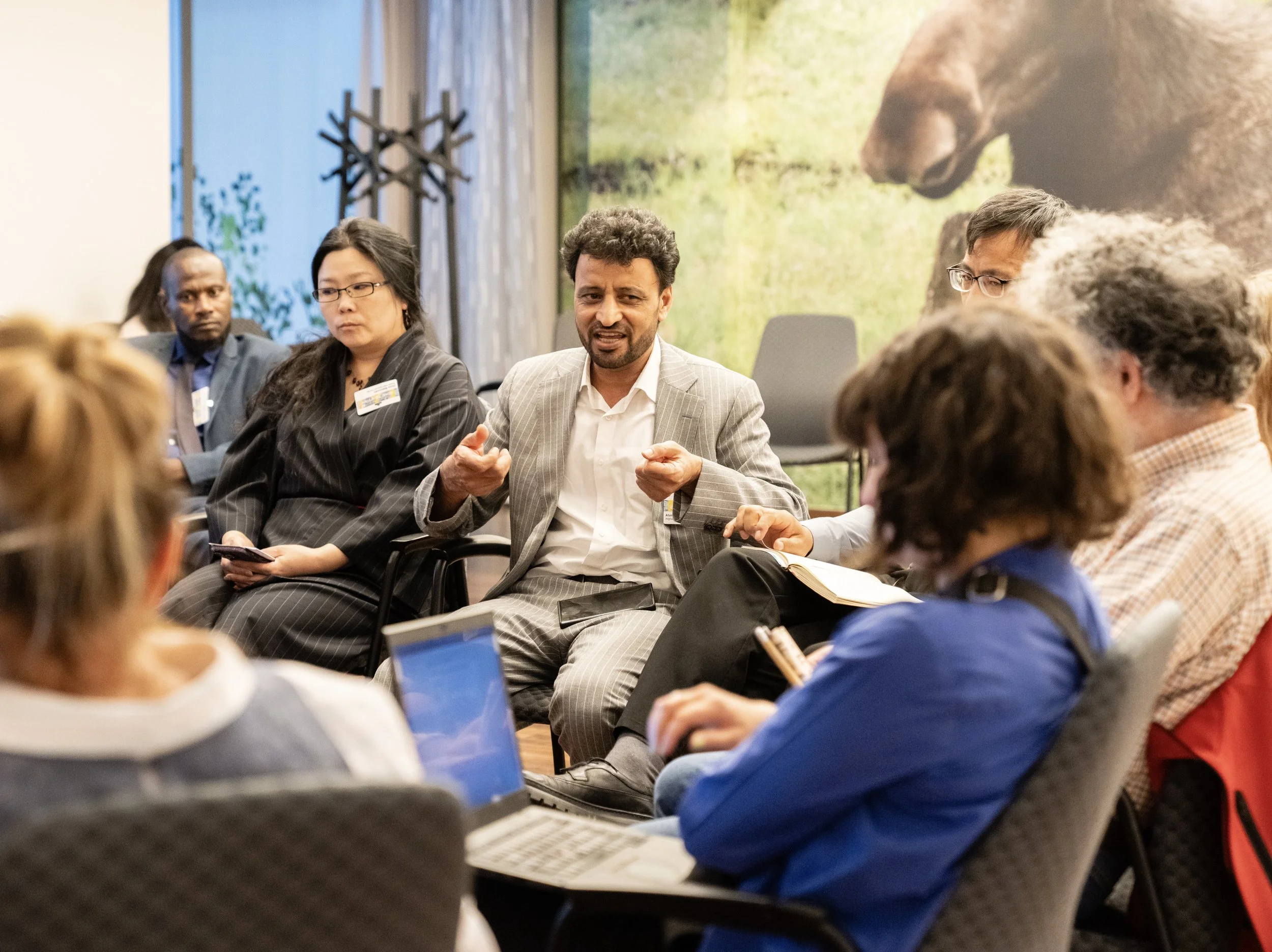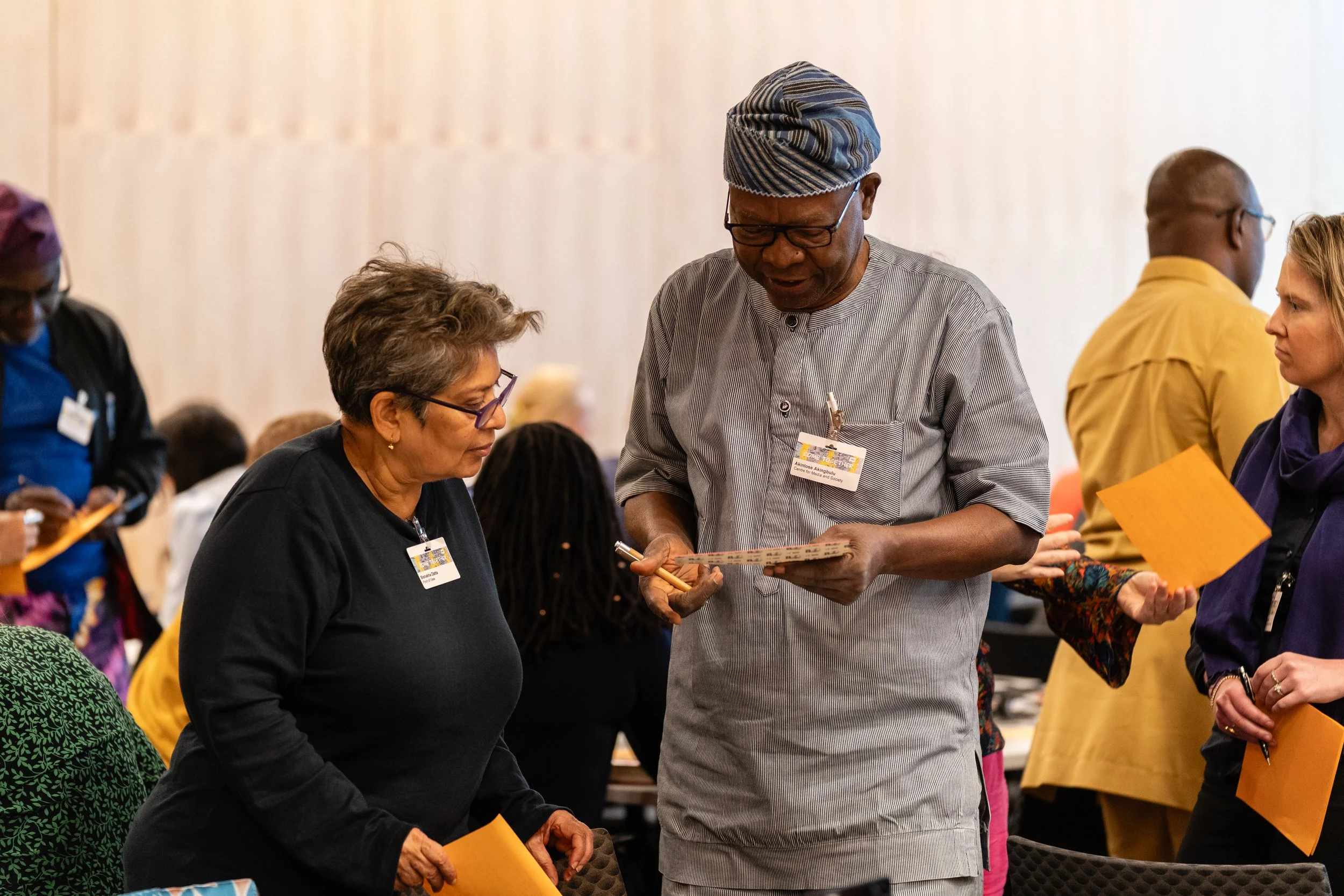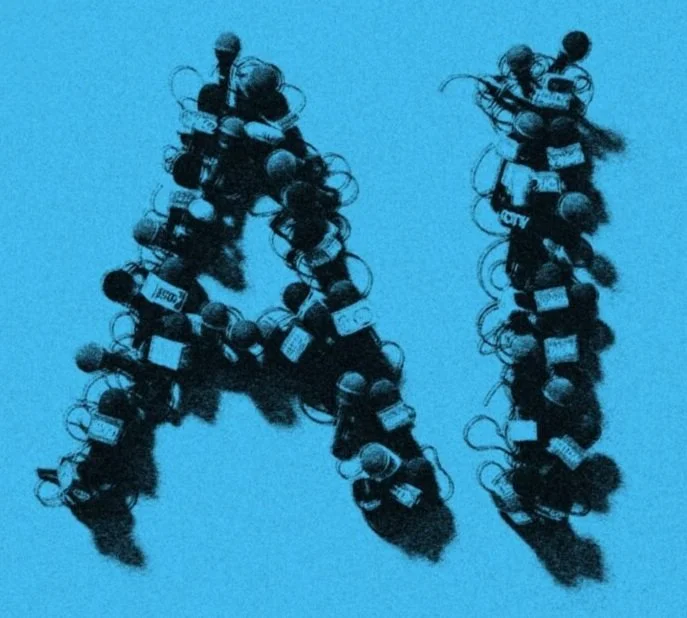IFEX: Getting to Know Their Work in Freedom of Expression
The Community Series features stories of the people and projects behind the digital rights community.
IFEX is a global network of over 100 member organizations across 70 countries, dedicated to promoting and defending freedom of expression as a fundamental human right. We talked with their Executive Director, Rachael Kay, to learn more about their history, members, and key initiatives, such as the No Impunity campaign, the Collaboration Project, and Faces of Free Expression.
How IFEX Started
IFEX was started in 1992 in Montreal during a meeting convened by the Canadian Committee to Protect Journalists (now Canadian Journalists for Free Expression). The event brought together 12 non-governmental organizations to explore ways to coordinate their efforts. From this meeting, the idea of a member-based network emerged, giving rise to IFEX. Since then, the network has grown to encompass a diverse membership, with local and regional members from around the world working on free expression issues such as press freedom, inclusion, censorship, and privacy.
IFEX 2024 Opening Convening in Berlin, Germany.
One of IFEX’s first historical global initiatives was the No Impunity campaign, which sought to hold perpetrators of crimes against freedom of expression accountable. Launched in 2013, the campaign followed a major milestone: the UN General Assembly’s recognition of November 2 as the International Day to End Impunity for Crimes Against Journalists. This designation was made possible in large part thanks to IFEX network efforts.
The Executive Director of IFEX, Rachael Kay, points out that the campaign is “a testament to how crucial network support and solidarity are to members’ ability to sustain their struggle for justice, even when impunity appears to prevail. Success stories demand time, perseverance, and collective strength, and IFEX is here for the long haul.”
The Faces of Free Expression Campaign and More
Dozens of journalists, lawyers, activists, artists and digital rights defenders are featured, including Edward Snowden.
In 2020, IFEX launched its current campaign and content series, Faces of Free Expression, that highlights the stories of courageous individuals fighting for and protecting freedom of expression globally. Dozens of journalists, lawyers, activists, artists and digital rights defenders are featured, including Edward Snowden, the whistleblower and former National Security Agency (NSA) and Central Intelligence Agency (CIA) employee who exposed unauthorized mass surveillance programs conducted by the US government; Maria Ressa, the award-winning journalist and Nobel Peace Prize laureate; and Ahmed Mansoor, an imprisoned Emirati poet and activist.
The campaign’s online platform allows users to search profiles to learn about regional and thematic threats to expression, while also raising global awareness of these issues. It illustrates global patterns, such as the proliferation of draconian laws, and humanizes human rights struggles that might otherwise feel abstract by showcasing lived examples of courage and impact.
Complimenting this, the IFEX website serves as a repository for its members' articles about censorship events around the world, providing readers with a global view of the issues and challenges. It also shares stories about the impact of Artificial Intelligence in journalism, offering a glimpse of how civil society is shaping a future where press freedom and AI can coexist.
Rachael emphasizes: “We must keep raising our efforts to expose how impunity operates and challenge those who use it to suppress critical voices. It’s essential to think creatively, seek out new avenues of influence, and join forces with others to build a broader, more powerful movement. This is not work that can be done in isolation. The Faces of Free Expression series highlights that – rather than standing alone, we are surrounded by a strong and courageous community.”
The Collaboration Project: Building Stronger Connections for Greater Impact
IFEX believes that strong collaboration among civil society organizations (CSOs) is key in the face of increasing threats to freedom of expression, digital rights and internet freedom. In response, they began the Collaboration Project to support members in the network and beyond to build more equitable, effective partnerships. Under this project, they published a series of educational reports and tools that support the CSO collaboration process to overcome common barriers and implement best practices.
The Collaboration Code report outlines key needs identified by the IFEX members.
Under this project, they conducted 39 in-depth interviews with stakeholders that ultimately led to the launch of the Collaboration Code report in October 2023, which outlines key needs identified by members:
● Deepening understanding of genuine collaboration practices and principles among CSOs and continuing to engage with the discomfort of power and privilege discussions.
● Developing tools to improve collaboration and address unequal power dynamics within and beyond the IFEX network.
● Identifying useful tactics and strategies for collaborating with non-CSO stakeholders.
The Collaboration Checklists for CSOs use concrete and thoughtful questions to support a fairer collaboration processes and spark meaningful conversations among members.
● Strengthening the case for funding collaboration efforts with donors, and drawing attention to how donor practices can perpetuate power imbalances and hinder collaboration.
Rachael shares that much of the success of this work to-date is thanks to “the foundation of trust, care and consistent collaboration IFEX has built between and among their members and IFEX’s operational core, the Secretariat.”
The needs-finding report made it clear that IFEX needed to expand their initial scope. In response, they co-designed principles of collaboration that were formally adopted by the network members in April 2024. They promote self-reflection, strong relationships, shared purpose, respect for affected voices, and attention to power dynamics. The principles also emphasize openness to diverse perspectives, mutual accountability, adaptability, and innovation.
In addition, they also introduced the Collaboration Checklists for CSOs, which use concrete, thoughtful questions to support the creation of fairer collaboration processes and spark meaningful conversations.
“This resource invites users to engage in internal assessment and action planning related to how we work together. It offers practical reflection points on how partnerships are conceived, implemented, and mediated. The aim is to support CSOs in critically evaluating –and clearly articulating– whether genuine and effective collaboration is being integrated into a specific collaborative initiative,” she points out.
The Future of Freedom of Expression and Digital Rights
IFEX website shares stories about the impact of Artificial Intelligence in journalism, offering a glimpse of how civil society is shaping a future where press freedom and AI can coexist.
IFEX has published its strategic plan for 2025 to 2029, which builds on the strength of their network, and the progress they have achieved in the last 30 years. Three core thematic areas remain central to their work: protecting civic space, access to information, and safety and justice.
When Rachael is asked about the future of freedom of expression and digital rights, she shares, “With AI and emerging technologies advancing rapidly, it’s crucial to address their impact. IFEX members are already tackling AI’s challenges and will keep driving impactful work as new issues emerge.”
She anticipates continued collaboration across the network and with allies to raise awareness of shared concerns, such as the risks posed by broad international treaties such as the UN Cybercrime Convention and AI’s effects on democratic discourse. IFEX’s role in opening advocacy spaces and fostering knowledge exchange remains vital.
“We will continue to support members’ engagement on digital rights through learning and exchange opportunities, joint actions, and direct connections with tech actors, ensuring that diverse voices respond to digital threats and help shape a safer, more equitable online environment for freedom of expression and digital rights,” she explains.
For more information, or to find out how you can support the organization, contact them here.


